Europe is a diverse continent full of distinct cultures, incredible art, divine dinners and incredible landscapes. People from across the globe like to visit and discover there bit of Italian La Dolce Vita, Spanish Vive or French Je Ne Sais Quoi. Most of them like to visit when the weather is at its finest, meaning the summer. If you are planning a vacation, here are a few top tips for your European summer.

This post may contain sponsored content or affiliate links that help support the blog. All opinions are our own.
Contents
- 1.) Book Early
- 2.) Don’t Over Pack
- 3.) Expect Crowds (and Some Tips for Avoiding Them)
- 4.) Research Your Discounts
- 5.) Don’t Over Tip
- 6.) Bring a Water Bottle
- 7.) Watch Your Belongings
- 8.) Insurance Should be a Non-negotiable
- 9.) Try a Shoulder Season
- 10.) Bring Multiple Payment Options
- 11.) Choose Your Connections Wisely
- 12.) Some Transport Tips
- 13.) Lost in Translation
- 14.) The Worst Part of Packing – Shoes
- 14.) Some Dining Tips
- 15.) Take a Free Walking Tour
- Final Thoughts on Our Tips for European Summer
1.) Book Early
Europe is busy in summer. The weather is good and everyone has their summer breaks at the same time. Prices surge and activities book up. Gone are the days of hopping on a train and finding accommodation in your desired destination when you arrive. Online booking platforms mean everyone can reserve their rooms and transport months or a year in advance. Spots that are popular on social media go even sooner than that. This is especially true when there is some sort of festival happening so do check your dates.
If you know where you are going, and what you want to do, get it booked…now.

2.) Don’t Over Pack
Travelling across a city with cobbled streets, sitting on a crowded metro or bus with a big bag is pretty unpleasant. There are some serious hills and steps to contend with Even when it comes to the extent of packing and repacking, the less you bring, the happier you will be (to a point).

If possible, a backpack is easier to take if you plan a few stops as those stairs/bumpy pavements can be murder on suitcase wheels. If you want your bag to survive, keeping it off the floor is a good plan. Plus, if you are getting on and off transport, you can use two hands to climb the train stairs and they are much safer on escalators.
That being said, the weather can be slightly unpredictable, even in summer. Bring a light rainproof jacket and/or an umbrella plus a few warm bits that pack easily, a light scarf and warm headband for example.

3.) Expect Crowds (and Some Tips for Avoiding Them)
European summer is busy, there’s nothing you can do about it. Prepare to wait in lines, make reservations if there is somewhere you dream of eating or visiting, bring entertainment or a good friend to stay occupied in the queue. Oh, and remember that not every country loves to queue like you are used to and you may need to fight for your spot sometimes.
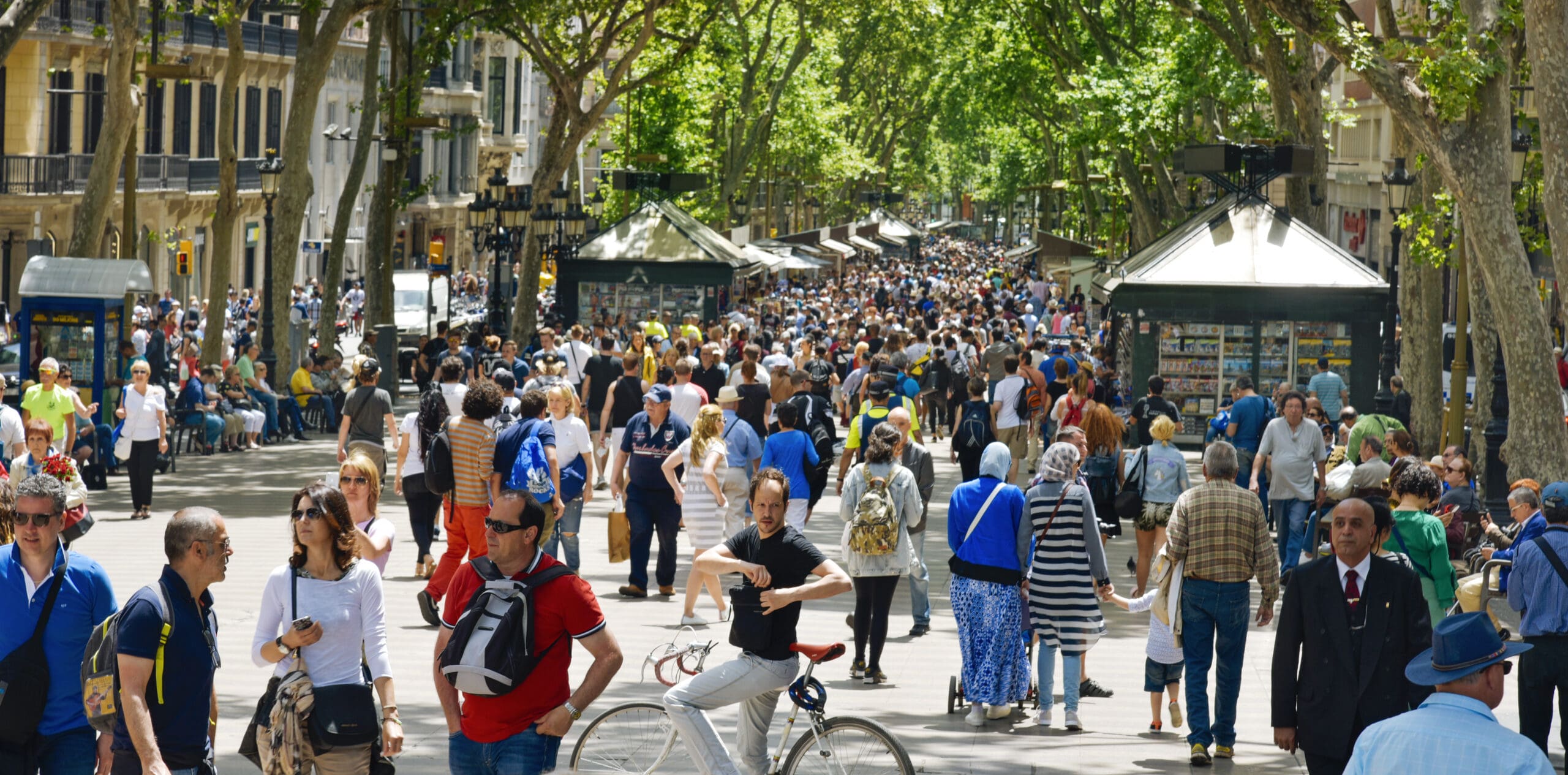
There are a few ways to try and lessen this:
- Get Up Early – There will be a plethora of Instagrammers anywhere you go after sunrise but the regular tourists don’t tend to emerge until after their breakfast. Check out the places that open earlier and go straight there ten minutes before they open to have them as empty as they will be. Swing by the sights that you don’t need to go inside on the way for nice clear photos or just a moment of peace.
- Try Somewhere New – Everyone loves the big cities or the instagram famous spots. I do too. If you really want to escape the crowds though, skip the big hitters (Florence, Paris, Barcelona, Venice Budapest and Prague) and consider the lesser visited spots instead. Instead of Vienna, stay in Bratislava, Slovakia. Make the most of Ljubljana, Slovenia before everyone else discovers it. Head across the water from Venice to the north of Croatia which looks so similar. Check out Seville and Ronda rather than Barcelona. Beautiful hidden coves and pretty cities are waiting to be discovered along the Dalmatian coast. Oh, and the Baltics are full of beautiful cities! (Honestly, I can’t preach, I’ve been to all the busy ones).
- Seek Out the Alternatives – This is especially true in the popular cities we have mentioned. If you are in Paris, there are so many options for amazing art museums beyond the Louvre. Rome is full of gorgeous free churches to explore. London has so many weird and wonderful pockets of history all over the city. Try googling “alternative insert city name here” for an abundance of fun activities or intriguing sights that are different from the norm. It is also worth seeking out the Atlas Obscurer website which has loads of hidden gems that nobody notices.

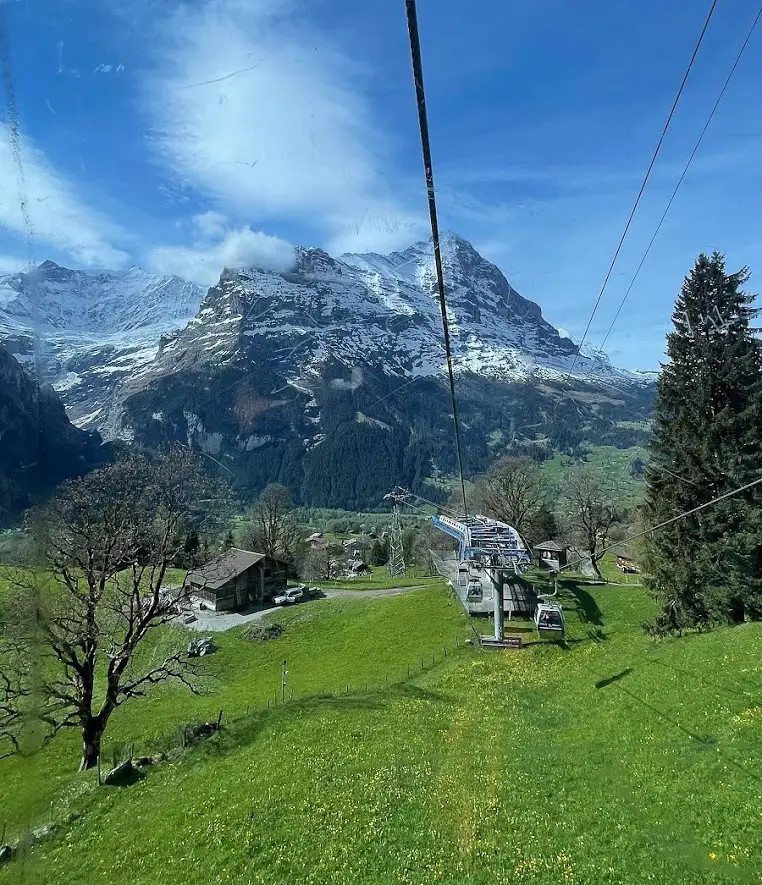
4.) Research Your Discounts
Europe can be an expensive adventure. Delicious food, carafes of wine, museum tickets and transport costs all add up. Anything you can do to save some cash is a good idea. Here are some common discounts that you may be able to make use of:
- Many cities have a free museum day. In Paris, for example, it is the first Sunday of the month. You will be battling crowds but you can save a fair whack if you hit a few museums on that one day.
- “Youths” aged 16 – 25 get some wonderful discounts throughout Europe. Sometimes this means free entry and sometimes just money off.
- If you are registered as disabled, you may find discounted entry to museums and galleries in several cities. In Italy, you will get free entry to all sorts of spots (the Doge’s Palace in Venice for example).
- Booking online in advance can save you money for lots of popular attractions. Look out for combo tickets too. As long as you intend to visit both places any way, these can usually save some pennies.
- Buying city cards for big cities vary in value but some are cheap and include loads of attractions as well as public transport. Lisbon’s is particularly fab.
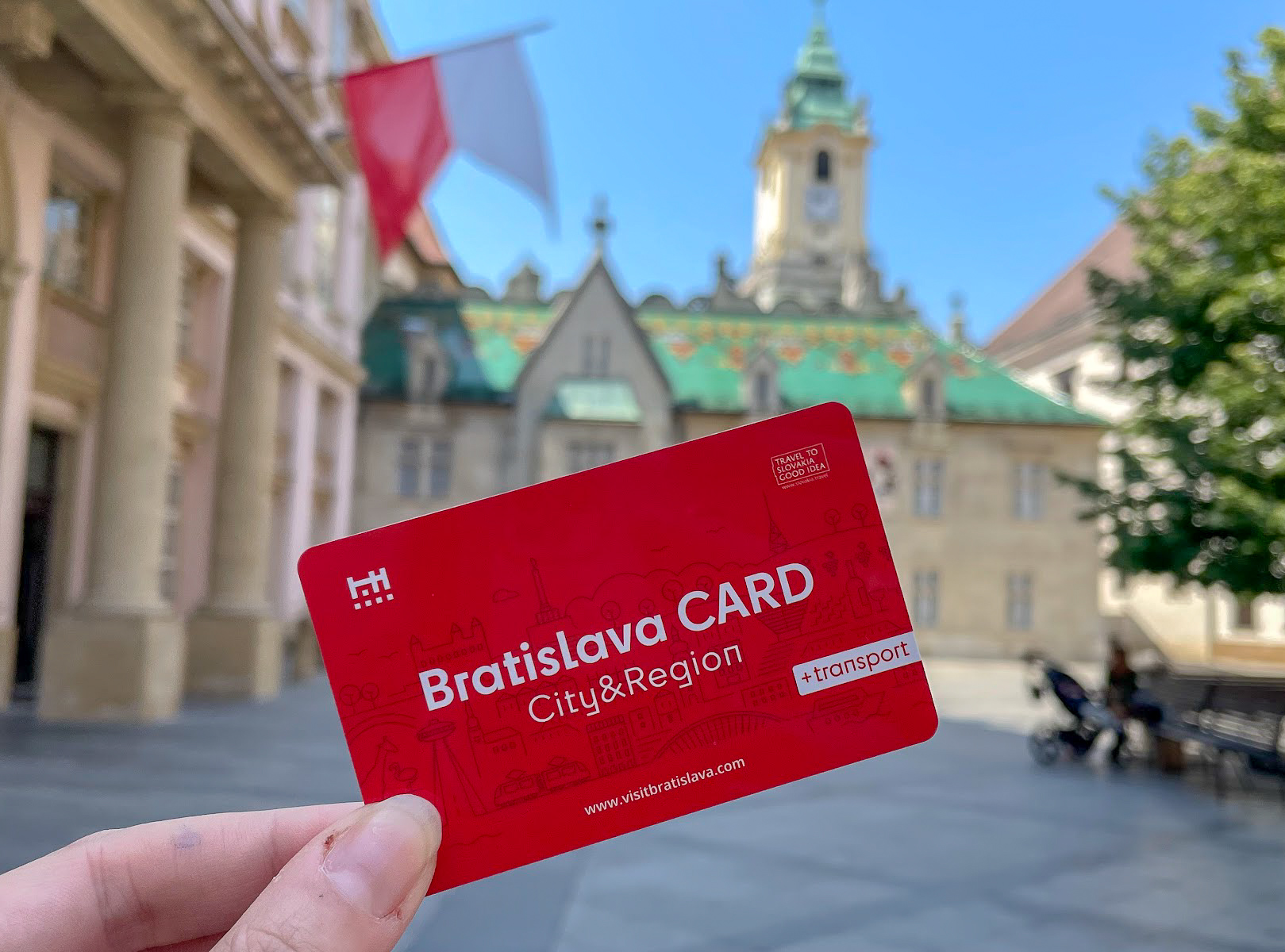
5.) Don’t Over Tip
In most of Europe, people either round up a few euros or leave a standard 10% in restaurants/cafes. There are a few unscrupulous waiters in popular cities (looking at you Paris and Rome) that have been trying to convince tourists from North America that 20% is normal. Trust me, it’s not. Commonly, wait staff are paid a living wages so tipping just shows that you enjoyed the service. If you didn’t, don’t tip.
It is also not common to tip for every drink served at a bar. Again, leave a little if you have table service but if you are ordering at a bar, people tend to just grab and go.
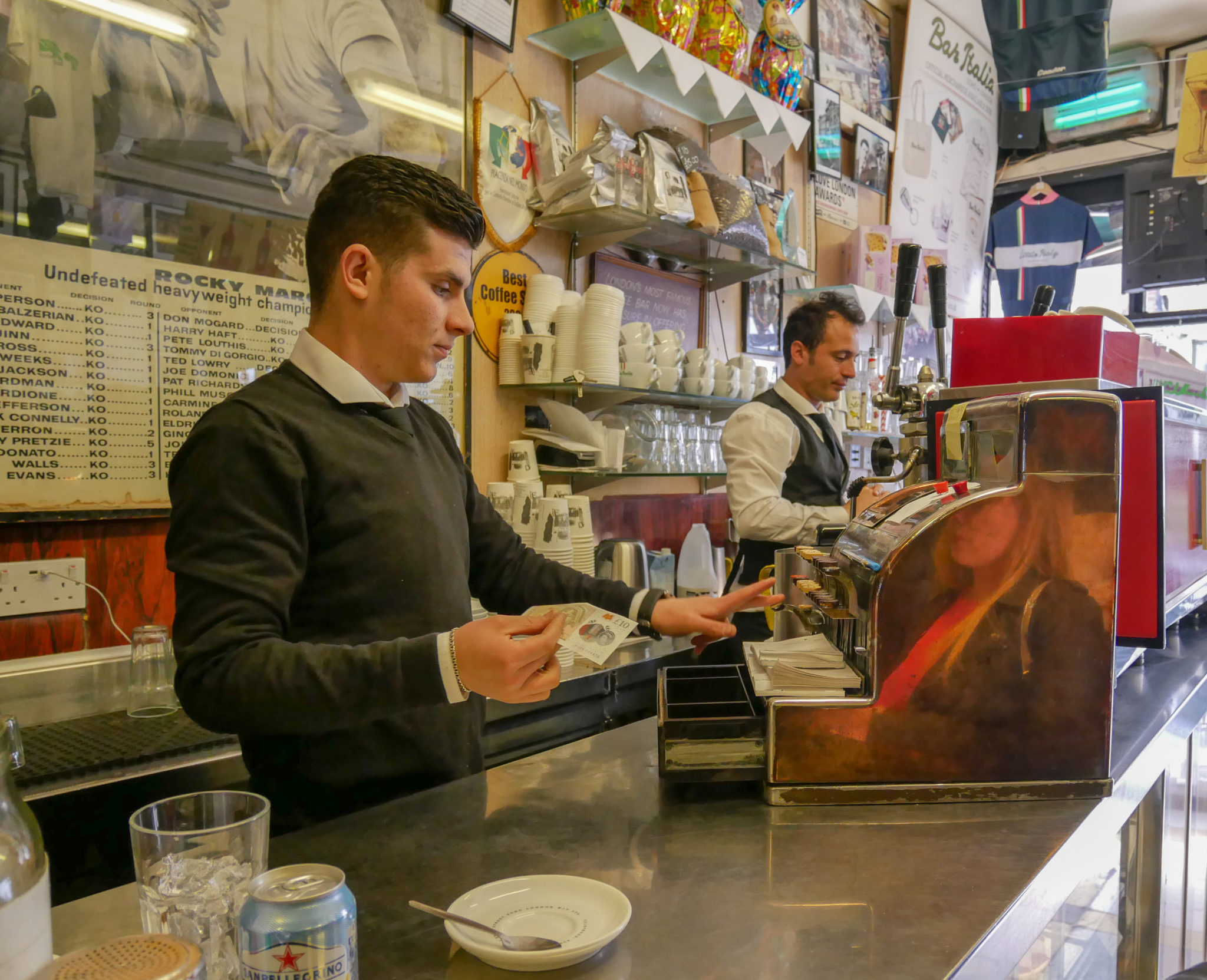
6.) Bring a Water Bottle
Water in most of Europe is perfectly safe to drink from the tap. Some places, like Rome and Dubrovnik, have free water fountains where you can just fill your bottle. Save the money and the plastic waste by making use of the tap. Remember to ask for tap water at restaurants rather than still or sparkling as it is also, often free.
We think an insulated bottle is best. The appeal of your water will decrease exponentially as it warms up in the hot, summer sun. Knowing it’s nice and cool will lead you to guzzle more, and that’s only a good thing.
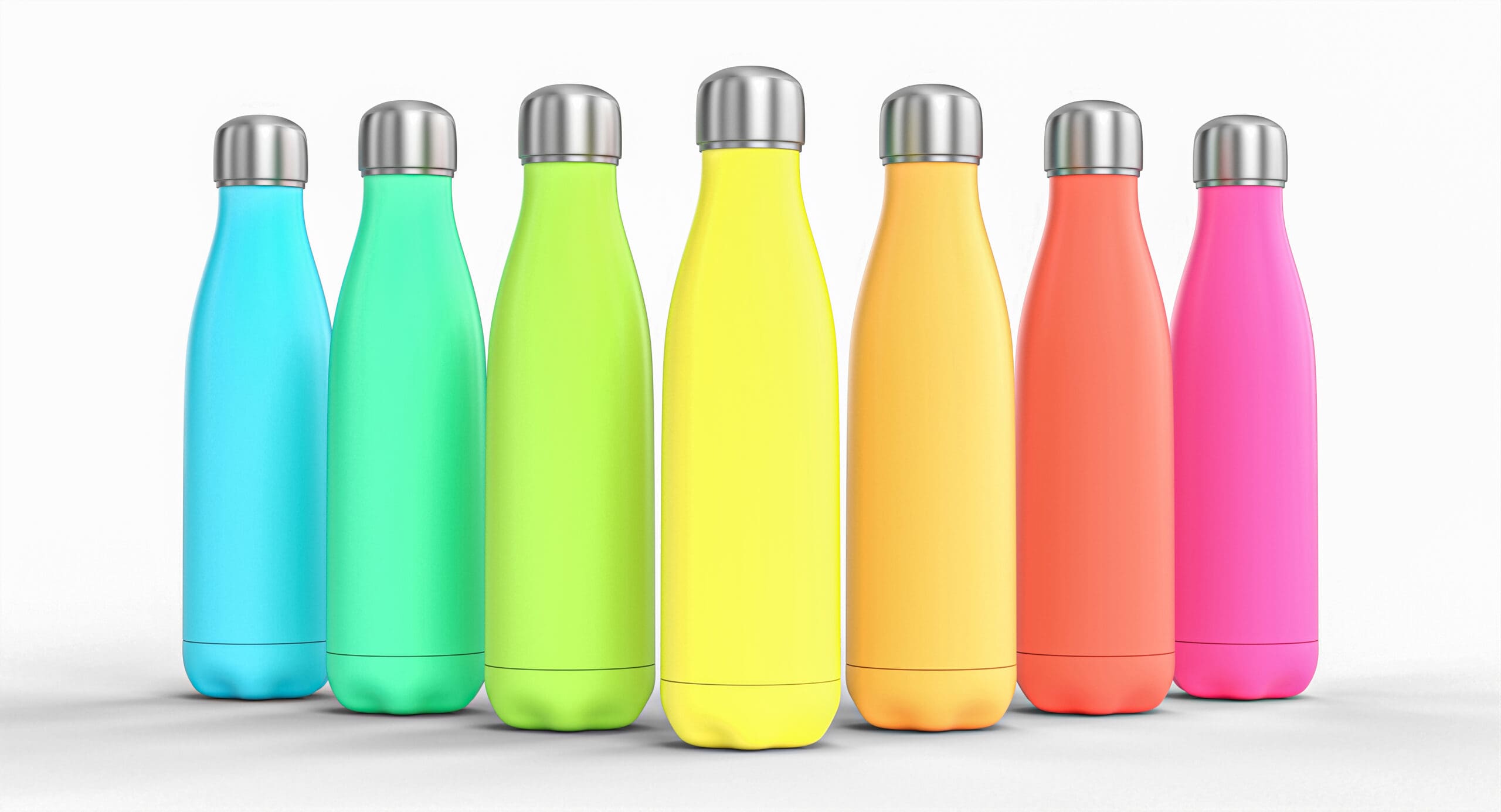
7.) Watch Your Belongings
Pickpockets do operate in many places around Europe. Big cities, popular with visitors, are the worst affected so be wary. We have personally seen it in London, Paris and Barcelona, but it can happen all over the place. There are a few things you can do to try and keep pickpockets at bay:
- Bring a backpack which zips against your back, if they can’t reach your zip, they can’t open it.
- Put a little lock or tag on your crossbody bag zip, I like to use a caribine clip if we are going to pickpocket hotspots which just adds another layer of faff.
- Loop your bag through your arm or leg as you dine in pretty town squares.
- Don’t let yourself get distracted. If someone approaches you on the street or starts talking to you at an ATM, look out for your travel buddy’s belongings as well as your own. If you don’t start the interaction, proceed with caution.
- NEVER leave your phone next to you on the table. There are a few people that will just snatch phones and run off or jump on a scooter. Alternatively, there is a new scam (popular in UK pubs especially) where someone will approach your table and lay a petition or similar on the table top, over your phone. Then, when they depart, they will hold your phone with clipboard and it may take you a while to notice it’s gone.

8.) Insurance Should be a Non-negotiable
We cannot stress enough that you should have good travel insurance. You may have some form of travel insurance with your bank but be sure to check the policies thoroughly as they may not be as extensive as your first thought. There are three main reasons you need great insurance:
- Healthcare – You never know when you will get sick. Illness or accidents can strike at any point and you don’t want to end your trip with a painful bill to match your painful injury. I know plenty of people that have ended up in hospital during vacations and insurance has covered the lot.

- Personal Items – If you do end up a victim of pickpocketing/theft, your insurance will help you repurchase those stolen items. (On a personal note, I have had cameras stolen, phones drown in the sea and more. Back up your photos at every opportunity so you don’t lose the memories to the thieves).
- Disruption – Travel plans, like best laid plans, can go awry. Working at the airport, I see miss connecting flights all day every day. Trains, buses, hotels and activities can all go wrong or be cancelled. Ensure your insurance covers disruption so you know you can reclaim costs.
A Quick Note
Do remember that force majeure incidents like bad weather won’t be covered by insurance or airline policy. You also could invalidate your insurance if you are intoxicated so if you’ve only had one…don’t mention it.
9.) Try a Shoulder Season
If you can extend your summer beyond the main months of July and August, you’ll have an easier time of it. There is a secret sweet spot that hits just at the beginning of June (the first or second week). The weather is just getting properly toasty and schools have a few weeks left in Europe, and they are only just breaking up in the USA. Bear in mind that the Med is still quite cold in some places.September is a wonderful month to explore Europe. The schools in Europe and the USA have gone back, the weather can still be wonderfully warm and the Mediterranean sea is as heated as it gets.

10.) Bring Multiple Payment Options
If you are planning a trip to more than one country, you will see the difference in payment norms. American Express is not so widely accepted, some places don’t love Visa and Mastercard. We recommend bringing several different cards so you have options. We love using our Revolut prepaid travel card as it has no fees but we also usually have three or four other cards.
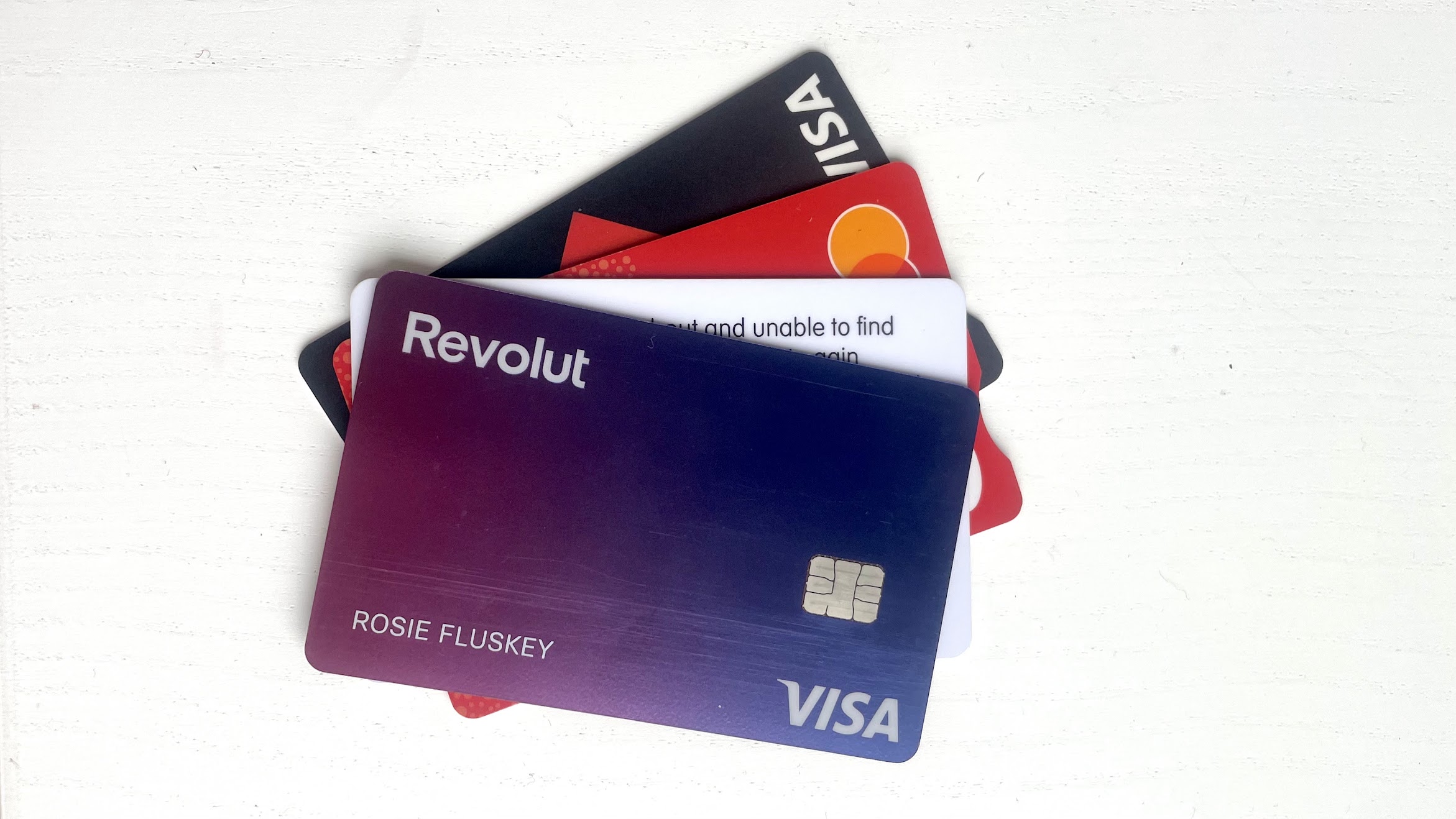
Then there’s cash. If you want to use public bathrooms, it is always good to have some change as many don’t take card. Coffee shops in Italy and Portugal prefer the coins. Tips are always more appreciated in cash.
Oh, and don’t forget that not everywhere has the Euro as their currency so be prepared to exchange some cash or to get some more out of the ATM.
11.) Choose Your Connections Wisely
There ar many phone comanies that offer roaming. This may be the easiest way to travel with your ohone but it is rarely the cheapest.
If you are staying in one country for a while then it may be a wise idea to buy a local sim. Many airports have shops or vending machines for an easy start, but you can go to lots of phone shops on the high street for a quick sim.
There are eSIMs that cover either individual countries or most of Europe. They are often cheaper than roaming plans so check them out. During a month long Interrail trip, I used Airalo and it never let me down. Plus, when I blitzed through the data (too much Instagram scrolling) it was really easy to get an add on. It covers 39 countries so that is probably everywhere you are thinking of travelling.
12.) Some Transport Tips
- When travelling around Europe, consider your options. There is a great choice of trains, plenty of budget flights and coach networks like FlixBus. You could even rideshare on Bla Bla Car. Omio is a wonderful website to compare the options.
- When taking escalators in Europe, it is generally a rule to stand on the right, and walk on the left. In some countries you will get a tut or gentle tap on the shoulder. In some, an exasperated sigh or stern word. Either way, its best to just make sure you remember the rule.
- In many countries, you will need to validate your tickets before you board or as you board. There are a couple of ways to work this out. The first is to google it. The second is look for a machine at the stop or as you board the bus/train. Third is to see if there is a time already on your ticket. If there is no time, but a line for one and an arrow then you probably need to find the machine. If you can pay contactless then its sorted already.
- You may also need to keep your ticket. In some cities, you need your ticket to exit through the barriers of their metros.
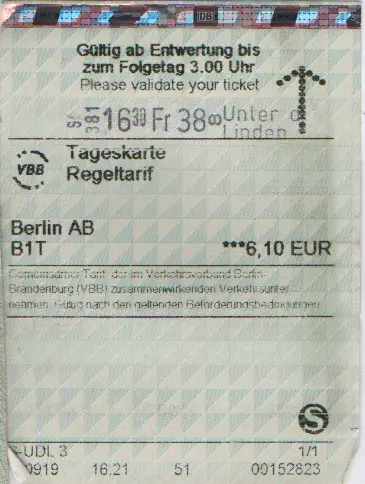

13.) Lost in Translation
English is widely spoken but if you plan to go off the beaten track at all, download the local language packs on Google Translate (or which your translation app of choice is).
We have a Point It book but with the data availability, we haven’t had to use it in Europe. Through phones, gestures and general mime, we have survived thus far!
14.) The Worst Part of Packing – Shoes
Ditch the high heels. Cobblestones, shiny tiled floors and long days of walking are the enemy of fancy footwear. Wear something comfortable that you can dress up or down. I love my jellies but I am aware that they aren’t everyone’s cup of tea.
This is also not the time to try and break in new shoes or flipflops. On average, you are going to clock in around , steps a day sightseeing around the city. If your shoes are rubbing, you are going to be very unhappy.

14.) Some Dining Tips
- Eating out tends to happen later at night than in much of the USA so you might find it easier to get into restaurants earlier in the evening. However, the joy of eating out in European summer is a long evening enjoying the food, drink and company while you people watch.
- It can take a long time to get the bill so if you are in a rush, ask for it when your food comes. Try to catch someone’s attention when you are ready to pay and as a last resort, get up to leave and you will soon be encouraged to pay.
- Bread baskets are not always included. Check before you start chomping. In Italy, you are often going to pay an extra charge for this whether you nibble or not so chow down. If you really don’t want it, ask them to take it away before i hits the table.
- Some food intolerances can be lessened in Europe when compared to the USA so you could give gelato or bread a go. (Of course this is only if they are mild to begin with).
- Try wine everywhere! It is cheap, it is good and the regional differences are so fun to discover. The same goes for beer. don’t just stick to the big brands you know.

15.) Take a Free Walking Tour
Free walking tours are a great way to orientate yourself in any new city. They are technically free but it is usual to tip the guides what you think it was worth or what you can afford at the end. The guides are usually more fun and casual than the official tours and you can choose where to return to during your stay.
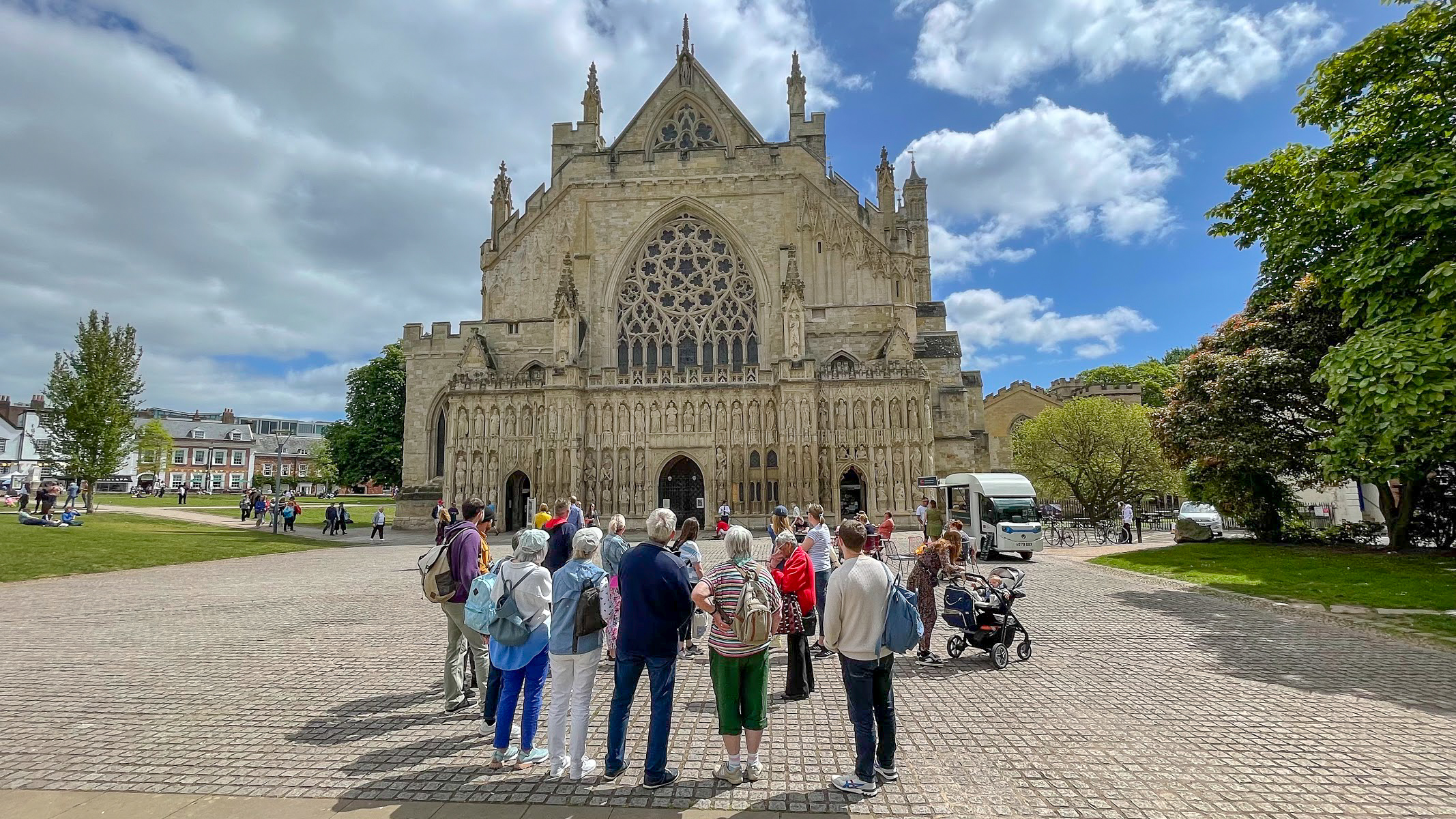
Final Thoughts on Our Tips for European Summer
European summer is mad, it’s hot, it’s fun, it’s exhausting and it is fantastic for people from all ages and from across the world. We love to dip in and out of it from the UK, as well as taking a month in 2023 to travel across seven countries. Drop us a comment if you have any questions or have another top tip to share!

Rosie xx
